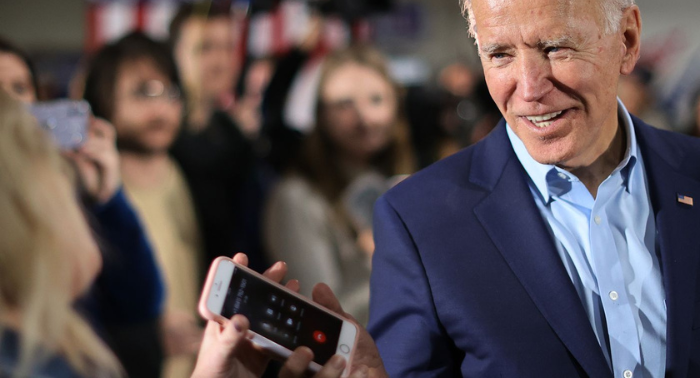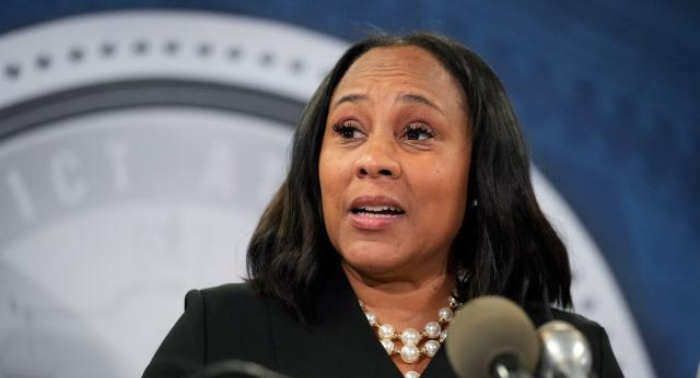Despite warnings from Senate Republicans, President Joe Biden’s Federal Communications Commission (FCC) is advancing its Diversity, Equity, and Inclusion (DEI) initiative, which some critics claim is an attempt to exert greater control over the internet through what they describe as a radical interpretation of anti-discrimination laws.
Senator Ted Cruz of Texas, a prominent member of the Senate Commerce Committee, has been vocal in his criticism of FCC Chair Jessica Rosenworcel’s decision to pursue what he terms as “Digital Discrimination.” He contends that this move will impose vast, undefined liabilities on broadband providers under the “disparate impact” standard. Cruz asserts this is essentially empowering federal agencies to unduly influence the internet sector.
Cruz, in a public statement, accused the Democrats of exaggerating claims of racial discrimination by telecommunications companies to justify the implementation of government-enforced affirmative action and racially biased pricing strategies. He argues that the real winners in this situation would be government regulators seeking to expand their control over the internet.
Cruz had previously spearheaded an effort by 27 Senate Republicans to caution Rosenworcel against proceeding with the Biden administration’s DEI policies at the FCC. However, their objections were not heeded.
In a letter to Rosenworcel, the senators expressed concern that the new policy could destabilize the U.S. broadband industry, deter investment, and contradict Congress’ goal of universal broadband access. They urged the FCC to align with Congress’ intentions and the explicit language of section 60506 to avoid damaging the competitive and innovative nature of the U.S. broadband sector.
The telecommunications industry has also expressed opposition to the new framework, arguing that it could hinder investment in communities by imposing unnecessary regulations. The National Cable and Telecommunications Association, the industry’s leading trade group, criticized the new rules as potentially illegal and claimed that the FCC was seeking undue authority over the broadband market.
During the recent FCC hearing, Commissioner Brendan Carr warned that the new policies could expose the agency to legal challenges and impede the operations of the telecommunications industry. He rejected the notion that the initiative was about combating discrimination, instead labeling it a “power grab.”
Mike Davis, a conservative legal expert and founder of the Internet Accountability Project (IAP), expressed concerns about the government’s increasing control over the internet and its potential impact on individual freedoms. He argued that the Biden administration’s policies would encroach on the essence of a free and open digital space, compromising privacy rights and strengthening the alliance between Big Tech and the federal government.
According to Davis, this move will undermine innovation and restrict freedoms under the pretext of equity, which aligns with the goals of the Biden administration. He cautioned that the government’s growing influence over the tech industry would stifle innovation, freedom of speech, and freedom of association, while also hampering the diversity of ideas and technological progress.




